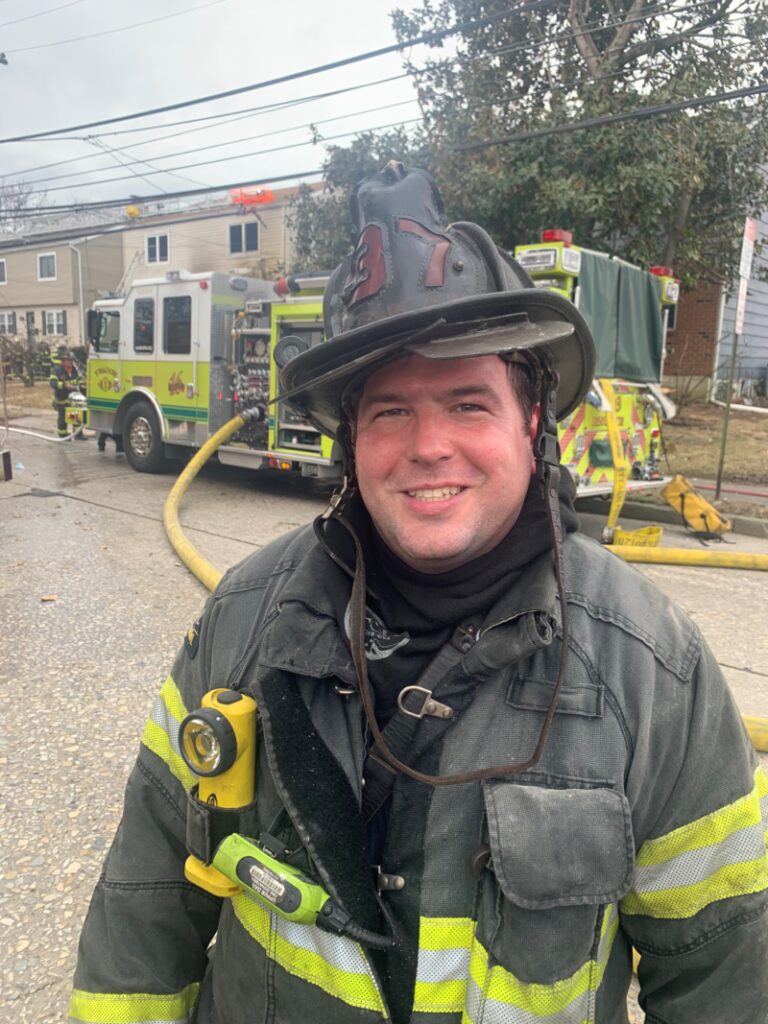
When I returned to school at the age of 24, I knew that I would not only pursue my Bachelor’s, but my Master’s or Ph.D. as well. Finally, toward the end of my junior year, I decided I would go for my Ph.D. after graduating from Penn State. Little did I know what the requirements for applying to grad school would entail and, boy, was I NOT prepared!
It was not until this August, the beginning of my senior year, that I sat down to research grad schools and what I needed for my application. To my surprise, I discovered that I would not only need to take some test called the G.R.E., I would also have to provide one to three letters of recommendation, depending on the school. Uh oh!
I was suddenly wondering how in the world I would get letters of recommendation from any professor, based primarily on the fact that I had not built any sort of relationship with one further than the occasional communication with him/her about assignments or classwork. My worry soon turned to panic as I realized that most schools request applications to be submitted by November, January at the latest, for the next fall term. This meant, for me, taking my G.R.E.s, getting letters of recommendation, and completing the school applications in about 3 months! So, I decided that the best plan for me was to focus on my current studies, take a year off after graduating, and shoot for a fall 2014 admittance.
My sincere desire is to help educate others who, like me, want to go to grad school but have no idea what you need to do and when! So, no matter how long until you graduate, I encourage you to start looking into grad schools. Find out what you are required to do, how many letters of recommendation you need, and what kind of testing you need to take ASAP!
Now, back to those letters of recommendation. You may be wondering, like I did, how in the world you could possibly get close enough with a professor in order to ask them to write a detailed letter of recommendation for you! (While it is important to note that not ALL the recommendations need to be from a professor, they are often one of the best sources.) Not only are we distance learners, our classes are often designed such that we do not have constant conversation/communication with faculty. Furthermore, if we do get to know a teacher, it is usually just for the semester we are in their class—what are the odds he/she will remember us a year or two later when it’s time for those letters??
My number one suggestion is: get involved. Though we are World Campus students, there are opportunities to join clubs, research projects, and organizations for Penn State. For example, there is a very interactive Psychology Club led by Professor Brian Redmond. What a great opportunity for students to get to know a professor outside of classes and, possibly, have a potential recommendation when needed.
I also suggest being more proactive in your education and learning. Take the lead in group assignments, communicate with your professor often, and seek out professors who are willing to spend the time helping you meet your goals and pursue your education. I have even had professors offer further assistance or advice based on their own experience that is similar to information I shared about myself in an essay or discussion board post.
Above all, be creative, think ahead, plan accordingly, and, like I often say, talk to your adviser. If you feel stuck, have questions, or want advice, we not only have an individual adviser who can help us with our specific major, we have access to a great career counselor, Lynn Atanasoff. There is certainly nothing wrong with taking time off after you graduate in order to figure out what your next steps are; but, if you have already figured that out, I hope this post helps you ‘get the ball rolling’ more efficiently and effectively!



